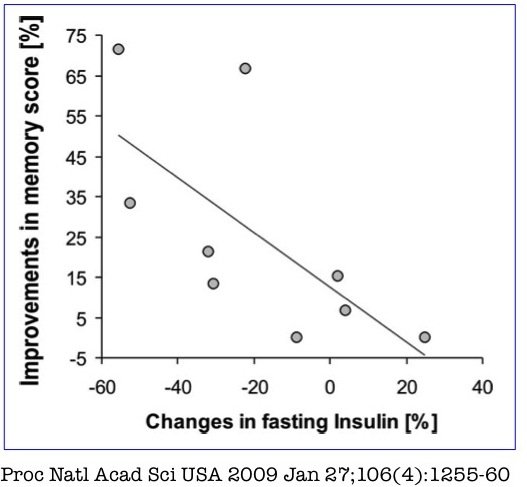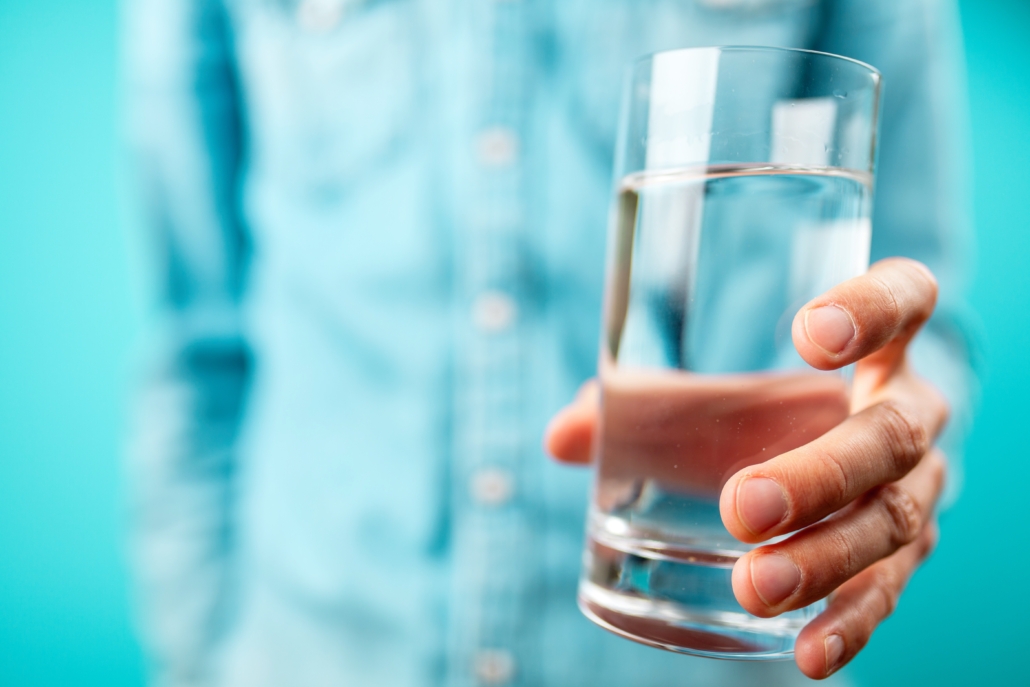We include products in articles we think are useful for our readers. If you buy products or services through links on our website, we may earn a small commission.
The 24 Hour Fast: Benefits and How To

The 24 hour fast is an intermittent fasting strategy that can yield powerful benefits, even when practiced once a week.
When you stop eating for 24 hours you trigger various beneficial and regenerative bodily processes that
- support metabolic health
- reduce the risk of heart disease
- metabolize fat stored body fat
- regulate blood sugar
- improve cholesterol and triglycerides levels
- stimulate human growth hormones
- activate autophagy and stem cell production
- reduce the risk of various cancers
In this article, we’ll explore how to do a 24-hour fast, and the ways that fasting can support your health goals.
Table of Contents
What is the 24-Hour Fast?
A 24 hour fast calls for abstaining from food and drinking only non-caloric beverages for a 24-hour period between meals.
The 24 hour fast is often associated with the “Eat Stop Eat” intermittent fasting cadence that calls for abstaining from eating for 24 hours once or twice a week with 2 to five days between fasting periods.
Eat Stop Eat was developed by nutritional researcher Brad Pilon based on data from his studies at the University of Guelph. His findings were popularized in the popular book “Eat Stop Eat.”
How to Do a 24 Hour Fast?
A 24 hour fast usually begins at sundown on the first day and ends at the same time the next day.
Linking your fasting period with circadian rhythms takes advantage of innate metabolic processes in your body that are governed by natural light and dark cycles.
What Can I Drink on a 24 Hour Fast?
It’s a given that you can’t eat food during a 24 hour fasting period, but beverages can be a gray area.
Most people stick with mineral water, while others drink black coffee or tea. A cup of black coffee contributes 2-3 calories, which isn’t enough to interfere with the fasting metabolic state.

What Happens To Your Metabolism on a 24 Hour Fast?
After restricting calories for 12-36 hours of fasting your body will begin breaking down fatty acids into potent energy molecules called ketones.
Concurrently, at the 16-18 hour mark, your body will activate a process of cellular repair and renewal called autophagy. But it’s important to keep in mind that intermittent fasting only stimulates significant autophagy when you align your fasting period spans overnight.
24-Hour Fast Benefits
Now that you’re familiar with the basics of a 24-hour fast, let’s explore the various possible health benefits, including:
- Improved body composition
- Improved insulin sensitivity
- Improved cellular health
- Increased HGH production
- Increased BDNF production
- Reduced inflammation
Weight Loss and Improved Body Composition
The 24-hour fast is widely used as a way to “melt” away excess body fat.
Animal studies show that fasting rapidly increases “fatty acid oxidation,” which means the breakdown and use of stored body fat as energy.
The process of fat oxidation occurs when the absence of carbs causes the hormone insulin to drop and norephedrine to rise.
Increased fat oxidation due to intermittent fasting has been shown to promote weight loss and increase lean muscle mass.
Studies show that intermittent fasting can result in the loss of up to 9.9% of body weight.
Another factor in intermittent fasting weight loss is increased metabolic rate. Studies show that fasting can raise metabolic rate by 14%. A higher metabolic rate means that your body is burning calories even at a resting state.
Cellular Renewal (Autophagy)
Autophagy means “self-devouring,” and it refers to a process where your body recycles old cells and damaged cell parts into new cells.
In addition to removing damaged and old cells, autophagy removes infectious and toxic bacteria and viruses.
When your body doesn’t have the opportunity to go into cycles of autophagy it can be more susceptible to infectious diseases, diabetes, various cancers, and neurological diseases.

Research shows that autophagy offers numerous benefits, including:
- Longevity and anti-aging properties
- Reduced Inflammation
- Anti-cancer properties
- Improved heart health
- Protection against neurodegenerative diseases
Increased Stem Cell Production and Intestinal Healing
As we get older our body’s ability to produce stem cells diminishes. This can make it difficult for our gastrointestinal cells to recover from damage caused by plant-toxins, antinutrients, and excess carbohydrates.
Damaged intestinal cells can result in a condition called intestinal permeability or leaky gut. This allows toxins to pass into the bloodstream, where they travel throughout the body, causing widespread inflammation.
MIT researchers have discovered that a 24-hour fast can stimulate stem cell production, effectively reversing age-related loss of stem cell function.
Stem cells stimulated by the 24-hour fast are associated with increased energy, cellular protection, and various markers of youthfulness.
MIT researcher Dr. David Sabatini concluded that the 24-hour fast “provided evidence that fasting induces a metabolic switch in the intestinal stem cells, from utilizing carbohydrates to burning fat.” And that this switch “enhanced [cell] function significantly.”
Improved Insulin Sensitivity
A 2022 systemic review looked at numerous studies on intermittent fasting. The researchers concluded that fasting is so effective at improving insulin resistance that it can be used as a treatment for numerous chronic diseases associated with insulin resistance.
Chronically elevated insulin levels are associated with heart disease, type 2 diabetes, and PCOS, cognitive function, and memory loss.
Improving insulin sensitivity is associated with other benefits, including:
- Clearer skin
- less water retention
- Improvement of diabetic symptoms
- Lower risk of heart disease
- Resolution of PCOS
- Improved cognition and neurological protection

Increased HGH (Human Growth Hormone)
Higher levels of serum HGH (human growth hormone) are associated with improved muscle mass, better memory, reduced water retention, and reduced cortisol (stress hormone) levels.
One classic study with 200 participants found that a 24 hour fast increased HGH by a factor of 20 in men and 13 in women.
24-Hour Fast for Increased BDNF
BDNF-1, stands for brain-derived neurotrophic factor. This hormone is associated with the creation of brain cells, leading neuropsychiatrist John J. Ratey to call it, “Miracle-Gro for the brain.”
Increased serum levels of BDNF are associated with better learning and the development of new neural pathways.
Low levels of BDNF are associated with neurodegenerative diseases, including Parkinson’s and Alzheimer’s.
Animal studies show that intermittent fasting can increase BDNF and that this effect may contribute to reductions in depression, anxiety, and neurodegenerative diseases.
Reduced Inflammation
Diseases associated with chronic inflammation kill 3 out of 5 people worldwide, making chronic inflammation the deadliest factor on earth. 60% of the U.S. population has at least one chronic inflammatory condition. 2
Common chronic inflammatory diseases include heart disease, stroke, respiratory diseases, cancer, obesity, and diabetes.
24-hour fasting can combat inflammation in three key ways:
- Stimulating intestinal stem cells that heal intestinal permeability
- Stimulating autophagy that removes and recycles damaged cells that cause inflammation
- Reducing circulating monocytes (inflammatory white blood cells)

Source: Jordan et al., 2019, Cell 178, 1102–1114 August 22, 2019 ª 2019 Published by Elsevier Inc.
Studies show that the anti-inflammatory effects of fasting make it an effective therapy for rheumatoid arthritis, Sjogren’s, MS, and other inflammatory disorders.
Potential Drawbacks of a 24-Hour Fast
For most people, a 24 hour fast may be a safe and effective lifestyle change that contributes the benefits listed above. But some populations may want to consider if the 24-hour fast is right for them.
Women
Calorie restriction has a different effect on the hypothalamus of women and men.
This brain are is responsible for the release of luteinizing hormone (LH) and follicle-stimulating hormone (FSH). Disrupting these two hormones can interfere with female fertility, ovary size, and bone health.
You an learn more from our intermittent fasting for women article. In short, it may be best for women to try a gentler approach to IF, like 16/8 or 12/12.
Hard Training Athletes
Intense physical exercise requires high caloric intake–not eating for 24 hours will not support intensive exercise in most people.
People with Eating disorders
Intermittent fasting is not recommended for people with eating disorders. It can be used as a mask for anorexia. And the feasting component at the end of the fast can exacerbate bulimia.
Foods to Eat Before and After a 24-Hour Fast
Eating before and after 24 hours will supply your body with the fuel to nourish new cell growth.
To promote ketosis and stem cell health, choose nourishing, nutrient-dense whole foods, including
- Fatty meats
- bone broth
- organ meats
- Full-fat cheese
- Low-carb vegetables for people not practicing an all-meat carnivore diet
Remember that the benefits of intermittent fasting aren’t only linked to restricting calories but by optimizing metabolic health. What you eat is as important as when you do and don’t eat.
24-Hour Fast: The Takeaway
The 24-hour fast has been shown to promote weight loss, improve focus, reduce inflammation, and stimulate cellular renewal.
The benefits of intermittent fasting protocols, including the 24-hour fast, are likely due to how they mimic the feeding patterns that humans have evolved on for nearly 2 million years.4
When our ancestors had a successful hunt, they feasted on fatty animals. Between hunts, they fasted, allowing their bodies to rest and renew.
As with any fasting protocol, it’s important to listen to your body and make necessary adjustments.















